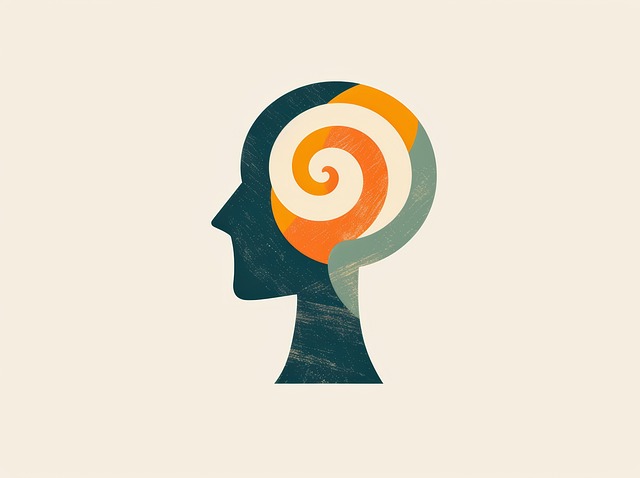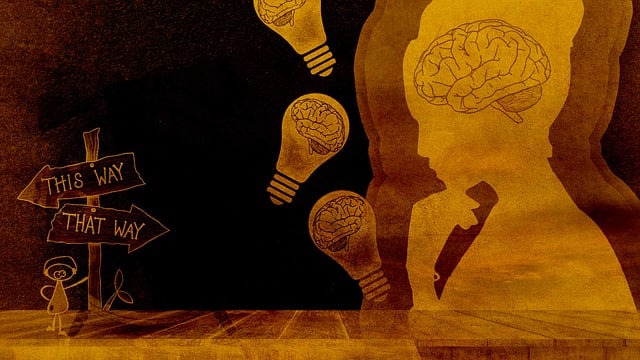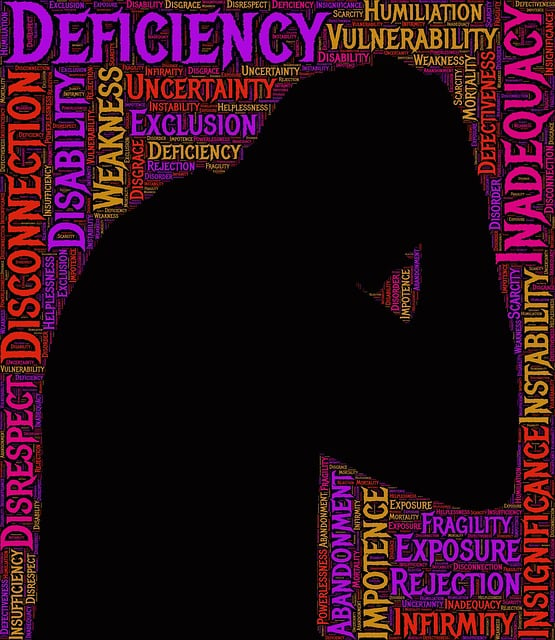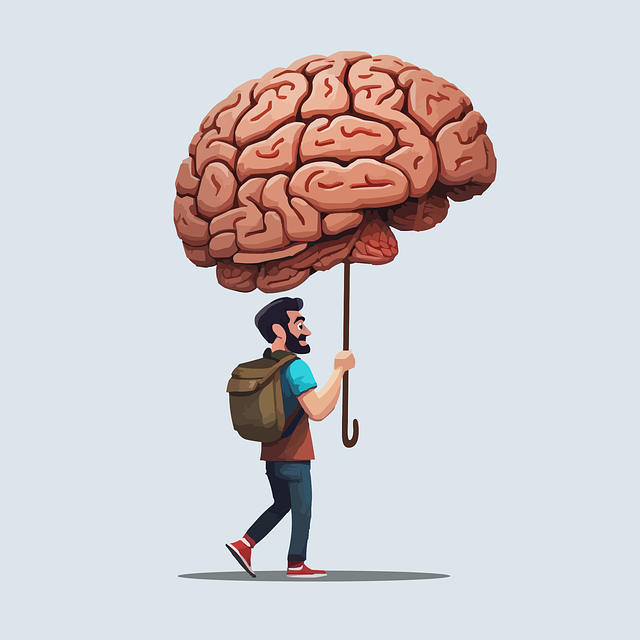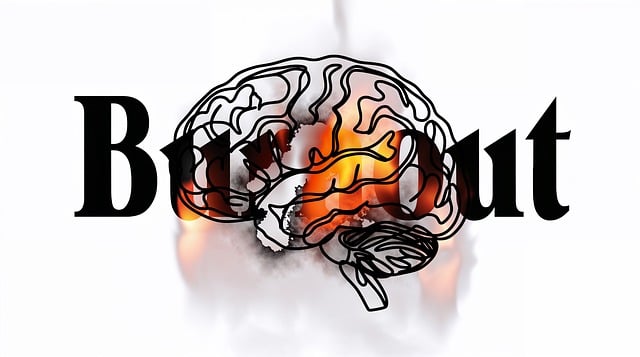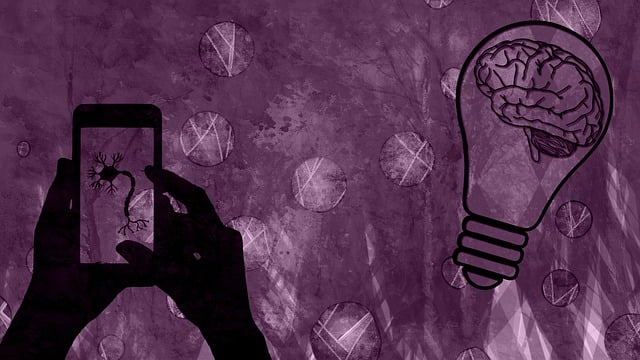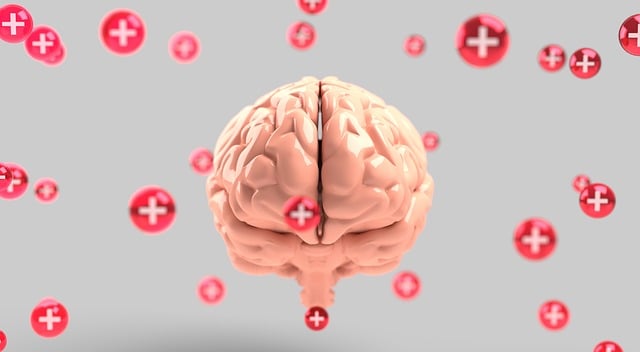In today's media landscape, accurate representation of mental illness is crucial to combat stigma. Golden First Responders Therapy offers a unique approach by combining conflict resolution and emotional regulation techniques, promoting empathetic storytelling. Through authentic media portrayals, diverse cultural perspectives, and successful recovery narratives, we can destigmatize mental health issues. Collaborating with Golden First Responders ensures accurate depiction, fostering societal understanding and encouraging individuals to seek support for their mental well-being.
In today’s media landscape, accurate representation of mental illness is more critical than ever. This article explores the current state of mental health depiction in media and proposes solutions to prevalent challenges, such as harmful stereotypes and lack of nuanced understanding. We highlight the transformative power of ‘Golden First Responders’—therapists and supportive characters—in media narratives, who can foster empathy and reduce stigma. Through a focus on strategies for accurate portrayal and the promise of Golden First Responders Therapy, we aim to enhance responsible mental illness representation.
- Understanding Mental Illness Representation in Media: The Current Landscape
- The Role of Golden First Responders: Therapists and Supportive Characters
- Challenges and Stereotypes to Overcome: Debunking Misconceptions
- Implementing Effective Solutions: Strategies for Accurate Portrayals
- Golden First Responders Therapy: A Promising Approach for Positive Change
Understanding Mental Illness Representation in Media: The Current Landscape

In today’s media landscape, representation of mental illness is a topic that demands our attention. While progress has been made, stereotypes and misinformation still persist, hindering understanding and access to Trauma Support Services. Often, media portrayals fall back on simplistic narratives or sensationalized depictions, failing to capture the complexity and diversity of mental health experiences. This can lead to further stigma and isolation for individuals grappling with their mental health, making it crucial to challenge these representations and advocate for more authentic storytelling.
Golden First Responders Therapy emerges as a promising solution in this context. By integrating Conflict Resolution Techniques and focusing on emotional regulation, this approach offers a nuanced understanding of mental illness. It encourages empathy and breaks down barriers by presenting individuals with mental health challenges as whole people, rather than just their diagnosis. Through media representation that reflects these principles, we can foster a more supportive society where those dealing with mental illness feel seen, heard, and empowered to seek the help they need.
The Role of Golden First Responders: Therapists and Supportive Characters

In addressing mental illness representation in media, a crucial role is played by what are increasingly recognized as Golden First Responders: therapists and supportive characters who can significantly influence public understanding and perceptions. These figures act as models for empathetic engagement, providing valuable insights into the complexities of mental health struggles. Their presence in media narratives not only destigmatizes mental illness but also offers practical strategies and hope to viewers facing similar challenges.
Golden First Responders often facilitate open conversations about mental well-being, advocating for early intervention and accessible therapy. Through their stories, they emphasize the importance of social skills training and confidence boosting, fostering environments where individuals feel safe to seek help. Moreover, these characters contribute to enhanced cultural competency training among healthcare providers by showcasing diverse experiences and promoting understanding of various cultural perspectives on mental health.
Challenges and Stereotypes to Overcome: Debunking Misconceptions

The media’s portrayal of mental illness often perpetuates harmful stereotypes, creating significant challenges for individuals seeking support and understanding. Common misconceptions, such as depicting psychiatric disorders as solely a result of personal weakness or labeling people with mental health issues as dangerous, contribute to stigma and hinder access to necessary care. These negative representations can deter vulnerable individuals from reaching out for help, especially when they fear judgment or misunderstandings.
Overcoming these challenges requires a concerted effort to promote accurate and empathetic storytelling. By highlighting the diverse experiences of those living with mental illness, media platforms can encourage public discourse and foster a sense of compassion. For instance, showcasing successful recovery stories and emphasizing the effectiveness of evidence-based practices like Golden First Responders Therapy can help destigmatize mental health concerns. Additionally, integrating Mental Health Education Programs Design that promote emotional healing processes and Stress Reduction Methods into media narratives can offer valuable insights, ultimately contributing to a more supportive societal environment for individuals navigating their mental well-being.
Implementing Effective Solutions: Strategies for Accurate Portrayals

In the quest for accurate mental illness representation in media, implementing effective solutions is paramount. One powerful strategy involves fostering collaboration with Golden First Responders—mental health professionals who can provide authentic insights and guidance during content creation. By integrating their expertise into the narrative, media outlets can ensure that portrayals of mental illness are both nuanced and sensitive. This approach not only enhances the accuracy but also fosters empathy among viewers, promoting a more understanding society.
Additionally, emphasizing Emotional Healing Processes through compelling storytelling can offer viewers a glimpse into the complexities of mental health journeys. Encouraging Self-Care Practices within media content can further normalize open conversations about mental wellness. Furthermore, employing effective Communication Strategies that bridge the gap between different perspectives helps in creating an inclusive environment where everyone feels heard and respected. Such efforts collectively contribute to a more responsible and impactful media representation of mental illness.
Golden First Responders Therapy: A Promising Approach for Positive Change

Golden First Responders Therapy (GFRT) is emerging as a revolutionary approach in addressing mental health challenges. This innovative method recognizes the critical role that immediate support can play in an individual’s recovery journey. By acting as a “first responder” to someone experiencing a mental health crisis, GFRT focuses on delivering swift yet tailored interventions. These interventions aim to stabilize the person and facilitate their transition into long-term care or management strategies.
One of the key strengths of GFRT lies in its holistic nature, combining effective mood management techniques with empathy-building strategies. It encourages individuals to develop self-care routines for better mental health, fostering resilience and empowerment. Through this approach, those seeking help are not only treated but also educated, enabling them to take charge of their well-being and navigate future challenges more effectively.
Mental illness representation in media has long been a topic of debate, but with the right strategies, we can create a more accurate and compassionate narrative. By implementing effective solutions, such as promoting Golden First Responders—therapists and supportive characters—we can challenge stereotypes and foster understanding. Golden First Responders Therapy emerges as a promising approach, offering hope and positive change for those affected by mental illness. It’s time to revolutionize media representation, ensuring that stories reflect the reality of these struggles while empowering viewers with accurate information.

